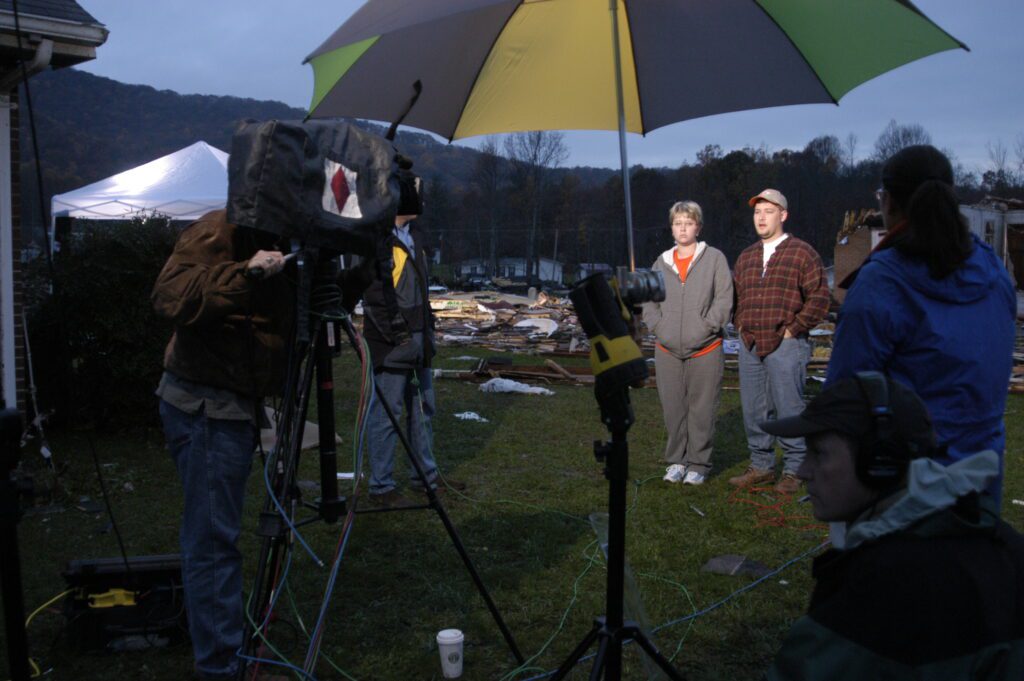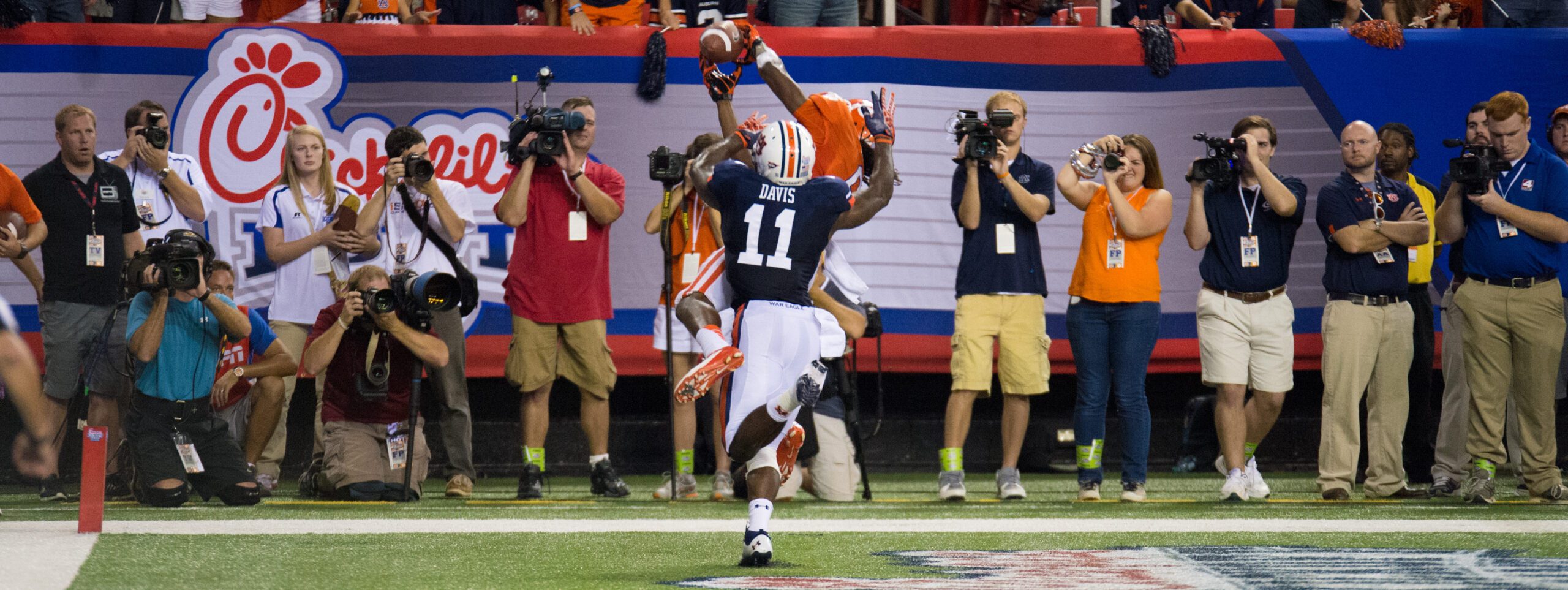- What is the difference between:
- Journalism
- Documentary
- Public Relations
- Corporate Communications
- Advertising
- Advocacy Journalism
So many in the communications profession didn’t come through a communications degree program. Many are self-taught and never really had someone give them a good understanding of the different roles in professional communications.

When a reporter for the national news shows up when a tornado has hit a community, this is news coverage. It is journalism.

When I took this photo of a hymnal with it opened to the song “I Feel the Need of a Mother’s Prayer,” I didn’t put the book there and turned to a particular page. I took it as I found it. That is critical in journalism. Journal journalism must report the facts and don’t editorialize or create something or add to it.

When we were doing a Public Relations package for missionaries in Trinidad, they didn’t just find the people where they were and capture them. They interviewed them and even staged parts of their coverage. This was what their “Public Relations/Advertising/Marketing” package did.
Here the purpose is different. In PR/Marketing, you want a clear message and to get rid of any distractions. You even help the characters phrase their words to tell their stories. In journalism, you ask questions and edit the key phrases they say to tell their story. In PR/Marketing, you realize that how someone words something often is ineffective. You clarify with them if the way you are saying something is accurate, and if it is, you ask them to tell it this way instead.
If you go with a communications team to do a story, what is your role with the team?
One thing that many team members don’t realize – everyone on that team is responsible for the whole story. If you don’t understand the entire story, you will not be effective in your role.
You also know that you must talk with and communicate with the other team members when you are on a team. It would help if you had open and honest communication.
The teams that produce the award-winning content usually have the best communication amongst the team members throughout the process.

During a stock shoot I did for Chick-fil-A, I didn’t set up the photos, but I did use strobes to make the lighting look better. A purist would say I am manipulating the situation.
For years I never used flashes all that much, but when I was in the darkroom, I was burning and dodging. That means I was trying to do what I could have been doing with lights. I made the subject brighter and the stuff I wanted darker by not putting light on it.

Often I do photos where the food is stylized. This isn’t just as you would find the sandwich. It was never wrapped to not squish the bun.
This is where the scene is manipulated. We do this all the time in PR/Marketing. In journalism, you might have to blur inappropriate language that might be on a person’s T-Shirt due to FCC rules and live TV. In PR/Marketing we just switch out the shirt.
If you are a one-man-band communications professional, what does that mean?
It means you are responsible for everything. I believe this is the one thing many who start their career as part of staff often never learn what it means to tell the story. They are just doing one piece and not seeing how it fits together.
What are the advantages of working with a team of communicators?
It is great to have others to bounce your ideas off. Working with writers, designers, editors, photographers, and videographers has a different perspective. Sometimes they see and hear things you are not wired to catch.
What are the advantages of the one-man-team for communication?
The best thing someone can do for a part of their career is a one-band shop. You will learn much more by knowing the audience relies on you as much as the subject to connect them.
WHY is this the topic???????
So many have said they are self-taught. Many have never been coached or mentored before in their career. I believe one of the best things I feel could benefit from this is to give people a chance to get a taste of what mentoring\coaching can be.
Find a mentor/coach to help you grow and become a better communicator. Learn how to work within the ethics of the type of communication you are doing.

